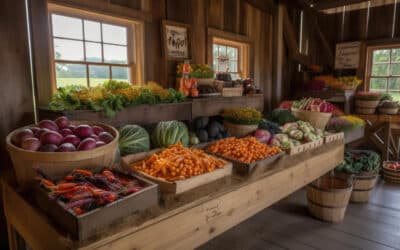New rules regarding biodiversity net gains have been announced by the Department for Environment, Farming and Rural Affairs (Defra). The main announcement is regarding a mandatory uplift of a 10% minimum biodiversity net gain (BNG). It is believed that this will be mandatory from November 2023 under the Town and Country Planning Act.
There are going to be some exemptions from this mandatory uplift including:
- Householder applications
- Small scale self-build
- Custom housebuilding
- Developments impacting habitats of an area below a threshold of 25m2, or 5m for linear habitats.
- Biodiversity gains sites where habitats are being enhanced for wildlife.
What about smaller sites?
Furthermore, BNG requirements for smaller sites will not be mandatory until April 2024. This includes sites with less than 10 houses or 0.5 hectares.
Defra has also announced in there guidance that these rule changes provides an opportunity to combine BNG with nutrient neutrality mitigation.
Biodiversity gain plan
When putting together a planning application it is a requirement for applicants to include a biodiversity gain plan. It is believed that Defra will provide a template and further guidance on off-site offsetting in due course.
What does this mean for farmers?
Farmers should consider if they have any land which could be used as biodiversity net gain mitigation.
These new rules could present farmers with an opportunity to work with developers with as new policies look to incentivise farmers to work towards more environmentally focussed farming.
However, at this stage the process still looks complicated and more guidance for Defra is required to gain a better understanding. We would recommend seeking specialist advice if you are considering a Biodiversity gain plan.
How can we help?
At Hawsons we have a dedicated team of agriculture accountants at our offices in Sheffield, Doncaster and Northampton.
We understand that farming isn’t just a business; it’s a way of life.
The rural and agriculture sector is a specialist sector, with unique practices and conventions. We act for a significant number of arable farms and assist farming families in many matters specific to agriculture and farming. This includes tax, will planning and succession planning.
We have been able to assist our farming clients to add value to their businesses. We have advised on the financial and tax consequences of property development, green technologies and capital allowance planning. In particular, we can assist in the area of capital taxes planning. This is a significant issue for farmers following the increase in land values and the availability of development opportunities.
Related content
Government introduce major package for supporting farm and food sector
On 14th May, the government has announced a major package to support the UK’s farming and food sector. This package included a number of support measure including: Increased support for farmers and growers affected by wet weather A new plan to increase domestic...
Tax Implications of Farm Diversification
Farmers are increasingly seeking ways to stabilise their farm income and ensure the sustainability of their agricultural businesses. Farm diverification is one strategy farmers are using to achieve this. Diversifying a farming business involves branching out into new...
Succession Planning for Farms
Have you thought about succession and the long-term plans for your family farm? As agriculture makes up the highest concentration of family businesses passed through the generations, it is no surprise that succession is a key issue and is something farmers need to...




